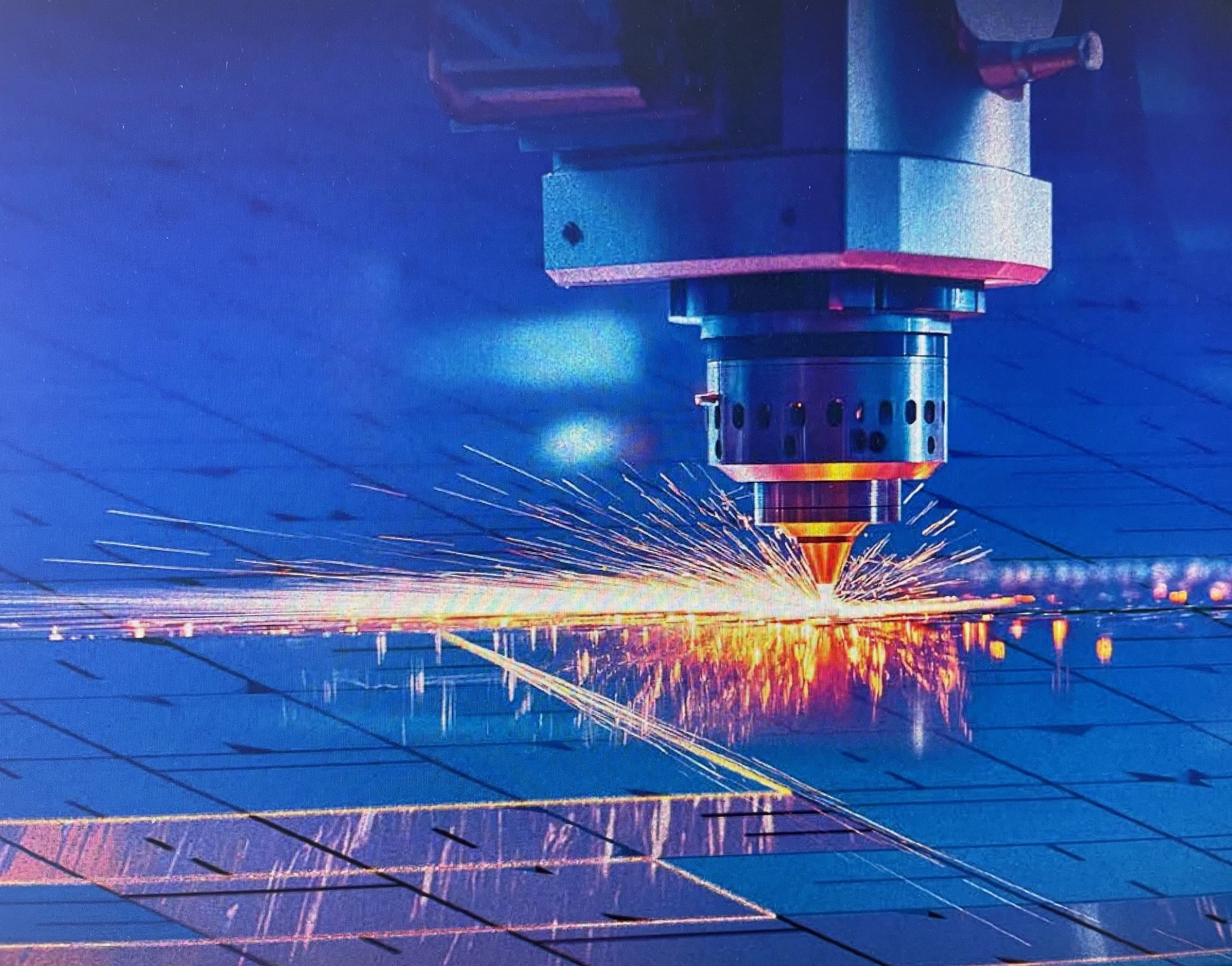Report: The Cost of Technological Leadership

On 16th April, the European Chamber published "Made in China 2025: The Cost of Technological Leadership", which details the experiences of European business in China over the 10-year period since the Made in China 2025 (MIC2025) plan was introduced. The report finds that MIC2025's implementation has coincided with significant progress in China’s advanced manufacturing capabilities, leading the country to become the world’s manufacturing superpower and enabling it to surpass the European Union (EU) in some key technologies.
However, the plan has also had a negative impact on the EU-China economic relationship, particularly with regard to industries that have experienced overcapacity and involution in China. For European companies in China, MIC2025 has brought opportunities but not without long-term consequences.
For European companies in China, MIC2025 has brought opportunities but not without some long-term consequences. Many have seen their prospects gradually shift from prosperity in segments in which China had previously lacked self-developed technology, to market access loss or even market exit when China has achieved or nearly achieved a high level of technological expertise.
MIC2025 has not been silver bullet for China’s self-reliance ambitions, with the country still lagging behind in several of the plan’s focus sectors despite extensive, often inefficient, support through subsidies. This - combined with fact that MIC2025 has led to both domestic economic challenges and global trade reactions in the sectors that it has achieved the most success in - makes the continuation of the same methods an extremely high-risk strategy.
"New productive forces" embodies many of the same core principles as MIC2025. However, its comparatively vaguer framework allows China the opportunity to optimise its self-reliance efforts to be more market driven so that European companies can continue competing in the country’s strategic sectors in the long term. Not only would this approach address many long-standing concerns of European companies, against the backdrop of the US-China trade war China actually stands to gain more by doing so.
"Today, China faces a choice between continuing Made in China 2025-style policies or taking a more targeted and sustainable approach to technological self-reliance that minimises negative externalities", said Jens Eskelund, president of the European Chamber. "In the face of unprecedented challenges to the global trading system, the latter presents an opportunity for China to demonstrate to reliable partners, like the EU, that it is committed to fostering a long-term, mutually beneficial trade relationship and ensuring that its business environment provides the stability and predictability that investors require."
Report Download: here